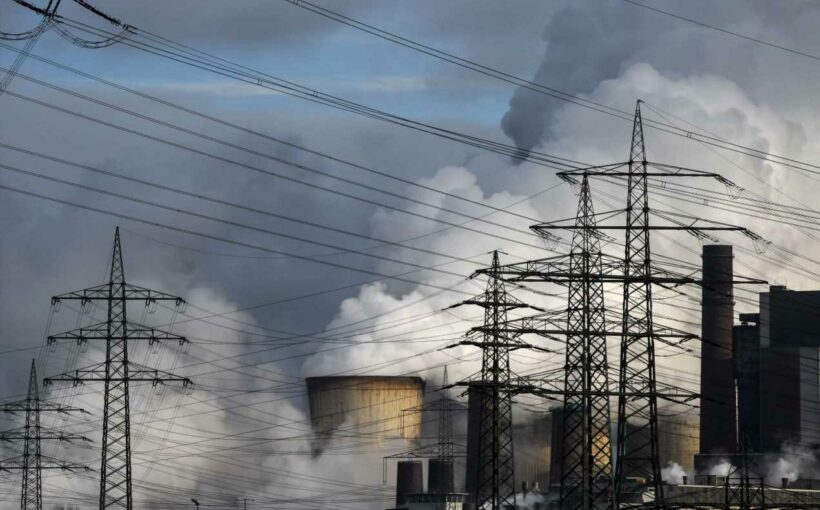- Germany, like other European Union countries, aims to cut emissions by 55% by 2030 compared with 1990 levels.
- Legislation passed in 2019 set specific targets for sectors such as housing and transport for that period, but not for the long-term goal of cutting emissions to 'net zero' by 2050.
- The court ordered the government to come up with new targets from 2030 onward by the end of next year.
Germany's top court ruled Thursday that the government has to set clear goals for reducing greenhouse gas emissions after 2030, arguing that current legislation doesn't go far enough in ensuring climate change is limited to acceptable levels.
Several individuals from Germany and elsewhere, backed by environmental groups, had filed four complaints to the Constitutional Court arguing that their rights were impinged by the lack of sufficient targets beyond the next decade.
Germany, like other European Union countries, aims to cut emissions by 55% by 2030 compared with 1990 levels. Legislation passed in 2019 set specific targets for sectors such as housing and transport for that period, but not for the long-term goal of cutting emissions to 'net zero' by 2050.
"The regulations irreversibly pushed a very high burden of emissions reduction into the period after 2030," judges said in their ruling.
They cited the Paris accord goal of keeping global warming well below 2 degrees Celsius (3.6 Fahrenheit), ideally 1.5 C (2.7 F) by the end of the century compared with pre-industrial times.
The court ordered the government to come up with new targets from 2030 onward by the end of next year.
Lawyer Felix Ekardt, who brought one of the cases, said the verdict was "groundbreaking" for Germany.
"Germany's climate policy will need to be massively adjusted," he said.
Fellow lawyer Roda Verheyen said that in practice the decision would likely mean Germany's plans to phase out the use of coal by 2038 will need to be brought forward, in order to realistically achieve the long-term emissions reduction target.
"A simple calculator shows that this will be necessary," she said.
Climate campaigners expressed delight at the verdict.
"It's an incredibly good day for hundreds of thousands of young people," said activist Luisa Neubauer, who was one of the plaintiffs.
"With today's decision generational justice has been achieved," she said. "Because our future freedoms and rights aren't less important than the rights and freedoms of today's generation."
Germany is holding federal elections in September. The environmentalist Greens party, which has called for tougher emissions reduction targets, is currently leading in several polls.
Annalena Baerbock, the Greens' candidate to succeed Angela Merkel as chancellor, called the verdict a "historic decision."
"Protecting the climate protects our freedom and the freedoms of our children and grandchildren," she wrote on Twitter. "The coming years are decisive for resolute action."
Germany's economy minister, Peter Altmaier, called the verdict "significant," saying it would provide businesses with "planning certainty."
The cases in Germany are part of a global effort by climate activists to force governments to take urgent action to tackle climate change.
Among the first successful cases was brought in the Netherlands, where the Supreme Court two years ago confirmed a ruling requiring the government to cut emissions by at least 25% by the end of 2020 from benchmark 1990 levels.
Source: Read Full Article
